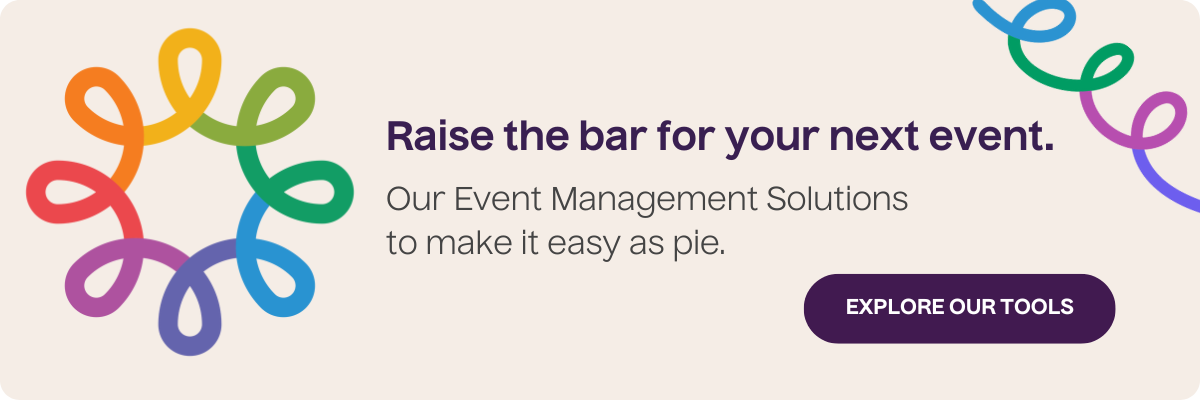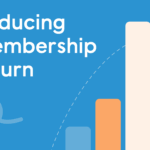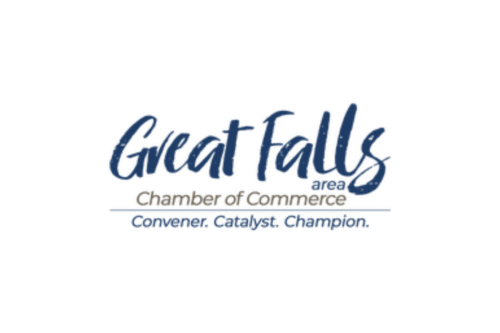From webinars to conferences, educational events tend to draw a crowd. But whether that crowd leaves happy or not, well…a big part of that has to do with your event speakers. Did they deliver new, interesting, and/or helpful content? Did they cover what attendees were hoping they would? You have the power to make sure your speakers check all these boxes by proving them with the RIGHT materials before your event.
Here are the 3 must-included resources you pass on to your event speakers to ensure your event rocks the house.
1. A “who’s in the crowd” breakdown
You picked your speakers for a reason. But they also accepted your invitation for a reason. Their motivations for attending and participating in your event could be anything including:
- exposure to new clients for their own business
- increased visibility in your niche or space
- buffing up their resume
- sharing new ideas of discoveries
- building relationships with other speakers
- strengthening ties with your organization
- support for your mission, vision and/or values
Whatever their motivation is, the best and easiest way to make sure that your speakers get the most of the event is to let them know exactly who is attending. Hopefully, you can answer questions about your audience like: What are their jobs? What age brackets do they fall into? What are their biggest goals? And similarly, what are their biggest pain points?
This information is something you can collect from the registration form, or based on the topic of the event.
If your speakers can get a better understanding of who’s going to be in the crowd, they’ll be better equipped to come up with more applicable examples, tips, suggestions and pointed talking points. Not only will it help them take away what they want from your event, but it makes sure that these speakers give your members info that is super applicable to them.
2. A “what’s worked well” list
Sharing past success stories of speaking events helps your attendees know what to do to connect most with your audience. For example, your members may not love interaction and really want to sit and absorb information in a more lecture-style event. Other organizations’ members may love the Q&A sessions and being more interactive with speakers.
If you’ve held this event before (or an event similar to it), hopefully you collected feedback via a post-event survey. What were some of the main takeaways you got from those surveys?
If you received feedback saying a session was “too conceptual,” then let your upcoming speakers know your attendees tend to like “sessions with actionable takeaways.” This will help your speakers mold their presentations to the liking of your members (in a broad sense, at least.)
Remember: There’s a fine line between giving your members insights and ideas and pigeonholing them into one very specific presentation style. Encourage diversity, but also share your lessons learned (again, in the most positive way possible).
The idea around this is to help empower your speakers to run successful sessions.
3. A “day-of prep” checklist
It’s really easy to be caught up in the “what” and “why” with your speakers. Don’t forget to give them alll the “where” and “how” too.
You’ll likely have a mix of speakers, some who’ve never spoken before (at any event), some who’ve spoken before (just not at your event) and some who are seasoned veterans (they’ve been there and done that). Regardless of which level-of-experience bucket your speakers fall into, it’s always helpful to pass along what they can expect and how to best prepare on the day of their actual presentation. For example, you may want to include…
- Directions to the event space
- What time to arrive to the room (30 minutes early? An hour early?)
- Whether or not there will be an audio/visual technician there
- Whether someone will be introducing them or not (and if so, what time that person will arrive)
- Who will be the primary point of contact onsite should there be any issues (with the room, the technology, etc.)
You can also include extra info like if food or beverages are included, if they’re welcome to stay and enjoy the event after and anything you need from them before the event (shirt size, etc)
The more you can help your event speakers, the better they’ll be able to serve your members through education.
Speaker prep for virtual events
If you’re hosting a virtual lunch and learn, lecture or webinar, the same pieces of advice apply. One added note, however, would be to make sure you run a dry-run of the event so your speaker can feel comfortable with the technology before the event. Nothing like a disconnected microphone or needing to update a plugin to push back a start time.
Preparing your speakers before an event
Preparing your speakers and making sure they have all the info they need will guarantee success for your event. By sharing these 3 key pieces of information, you will help your speakers feel confident and ready to crush their session at your event.

















